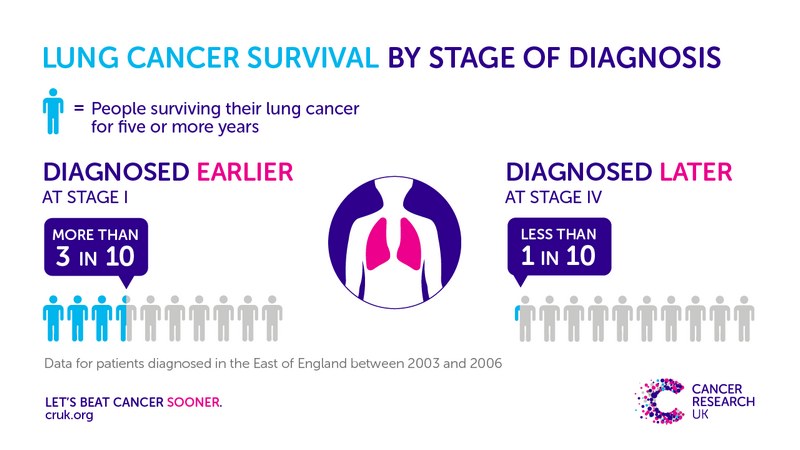
The Importance of Early Detection in MALS Management.
MALS, or Median Arcuate Ligament Syndrome, is a rare condition characterized by the compression of the celiac artery by the median arcuate ligament. This compression can lead to various abdominal symptoms such as chronic pain, weight loss, and digestive issues. Early detection of MALS is crucial in managing the condition effectively and preventing complications.
Detection ofMedian Arcuate Ligament Syndrome at an early stage allows for timely intervention and Mals Syndrome Treatment. The sooner the condition is diagnosed, the better the chances of successful management. Early detection enables medical professionals to implement appropriate strategies to alleviate symptoms and improve the quality of life for patients.
Managing Median Arcuate Ligament Syndrome involves a multidisciplinary approach, with various healthcare professionals working together to develop an individualized treatment plan for each patient. This may include surgical intervention, medical management, and lifestyle modifications. However, the effectiveness of these interventions greatly depends on early detection, as delayed diagnosis can lead to irreversible damage and a more complicated management process.
Early detection plays a crucial role in the management of MALS. It provides an opportunity for timely intervention and the implementation of appropriate treatment strategies, ultimately improving the prognosis for patients with this rare condition. Awareness and timely screening are essential in order to detect Median Arcuate Ligament Syndrome in its early stages, allowing for better outcomes and improved quality of life.






